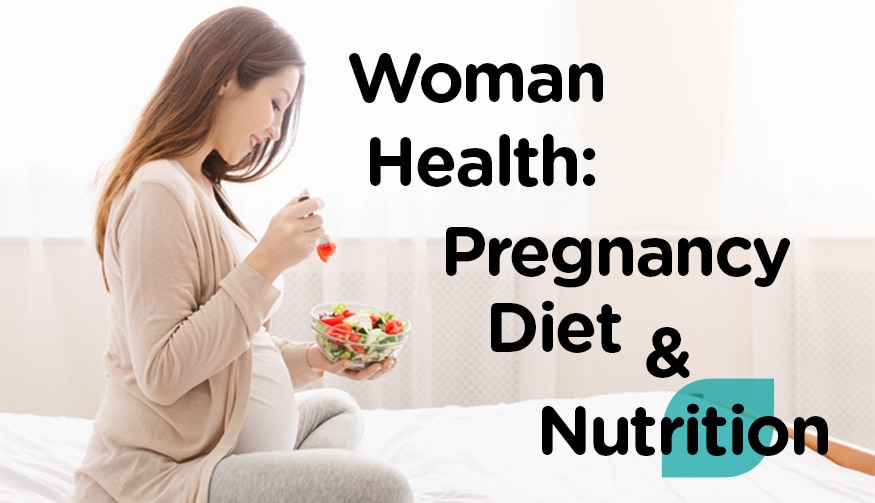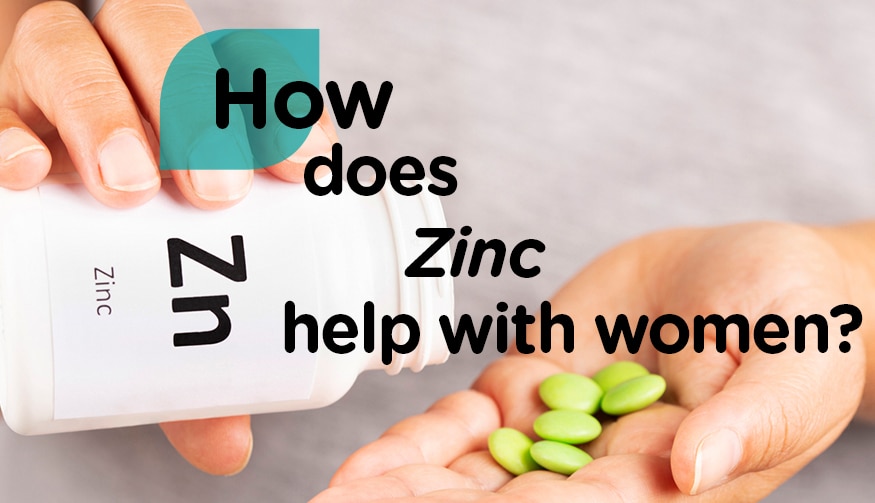A healthy diet and nutrition are essential during pregnancy for both mom and baby. A mom-to-be’s diet is the primary source of nourishment for her baby’s growth and development. Here is the checklist of pregnancy diet and nutrition including what to eat and what not to eat.
Pregnancy Diet
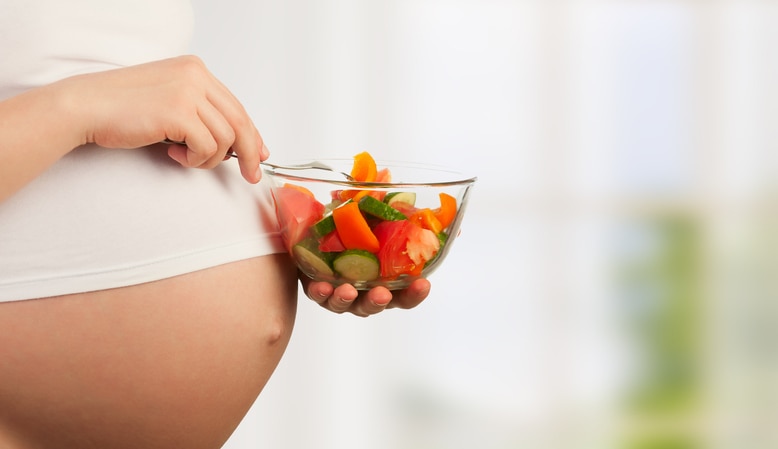
A mom-to-be requires approximately 300 extra calories every day to maintain a healthy pregnancy. Exercise regularly also can help the mom-to-be keep the appropriate body weight.
Pregnancy Nutrition And What To Eat During Pregnancy?
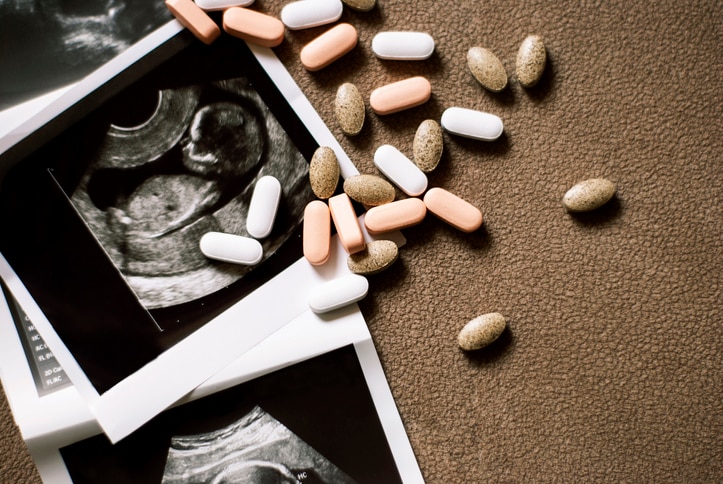
A balanced diet with appropriate and timely vitamin and mineral supplementation can help reduce the pregnancy symptoms like nausea and constipation. A pregnant woman needs these minerals more than a woman to support the baby’s growth and development.
Folic acid
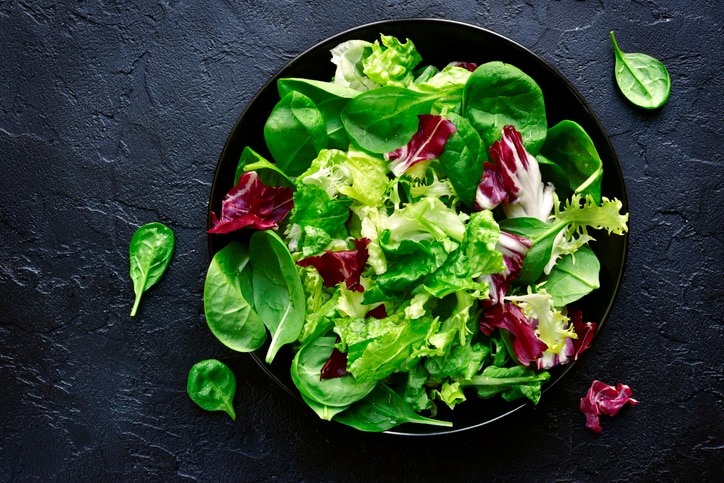
Folic acid is a vitamin B (vitamin B9). It is key nutrition in helping to prevent birth defects in the baby’s brain and spinal cord, which is also known as “neural tube defects”. Women should increase the amount of folic acid to 600 micrograms (mcg) per day during pregnancy.
Foods are rich in folic acid: Leafy green vegetables, fortified cereals, bread, beans, and citrus fruits
Calcium
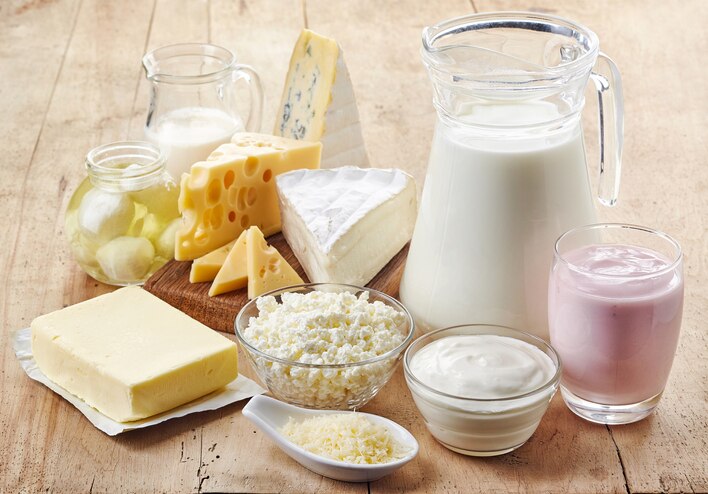
Calcium is used to develop a baby’s bones and teeth. If a pregnant woman does not consume enough amount of calcium, it will be drawn from the mother’s bones and given to the baby to meet the demand of pregnancy. Pregnant women need 1,000 milligrams (mg) of calcium per day.
Foods are rich in Calcium: Milk, yogurt, cheese, sardines, or salmon with bones
Iron
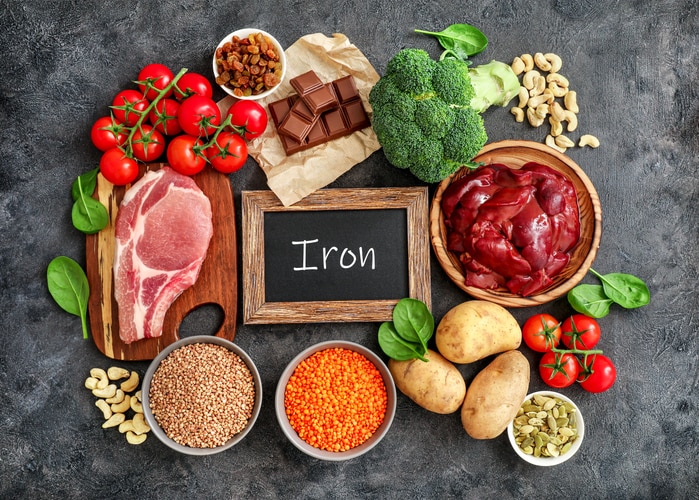
Pregnant women need 27 milligrams of iron per day to make more blood in order to supply the baby with oxygen. If a pregnant woman gets too little iron, she may lead to anemia. A healthy pregnancy diet should include iron-rich foods to increase the absorption of iron.
Food sources of iron: lean meat, poultry, fish, dried beans and peas, and iron-fortified cereal.
Protein
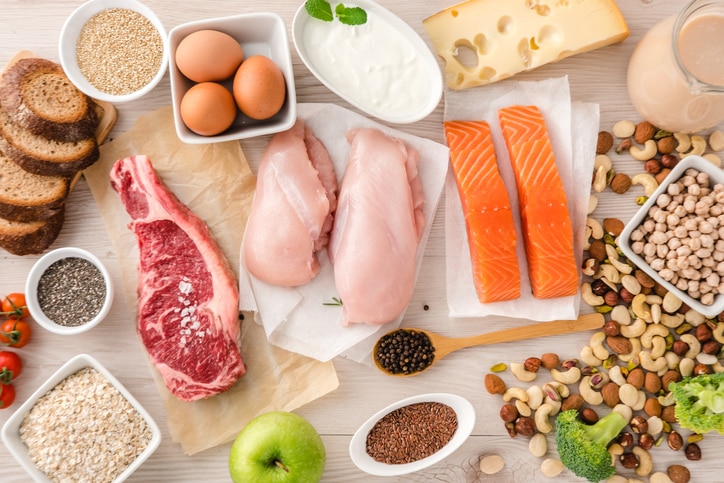
Pregnant women require at least 60 grams of protein per day. Protein helps to build important organs like the brain and heart for the baby.
Food sources of protein: meat, poultry, fish, dried beans and peas, eggs, nuts, tofu.
What not to eat during pregnancy?
Caffeine
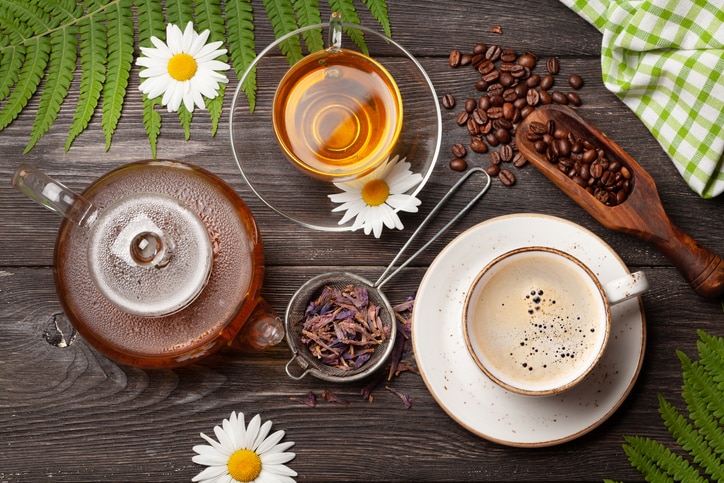
Pregnant women should avoid drinking coffee and tea to limit the intake of caffeine. And they should limit caffeine to 200mg per day. Some researchers found that high caffeine intake may lead to birth problems such as decreased growth.
Alcohol

Pregnant women should avoid alcohol during pregnancy. Alcohol in the mother’s blood can pass directly to the baby through the umbilical cord. Heavy consumption of alcohol during pregnancy has been linked with fetal alcohol spectrum disorders, and learning and behavioral difficulties.
High mercury fish
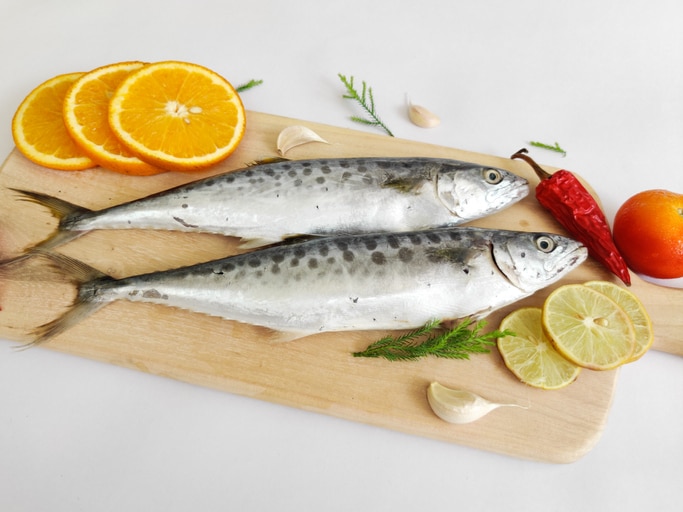
Mercury is a highly toxic component and is usually found in polluted water. High amount consumption of mercury can be toxic to the nervous system, immune system, and kidneys. And it may cause serious developmental problems in babies and children. Pregnant women should avoid eating high mercury fishes like swordfish, king mackerel, tuna, marlin, etc.
Unpasteurized foods and raw meat
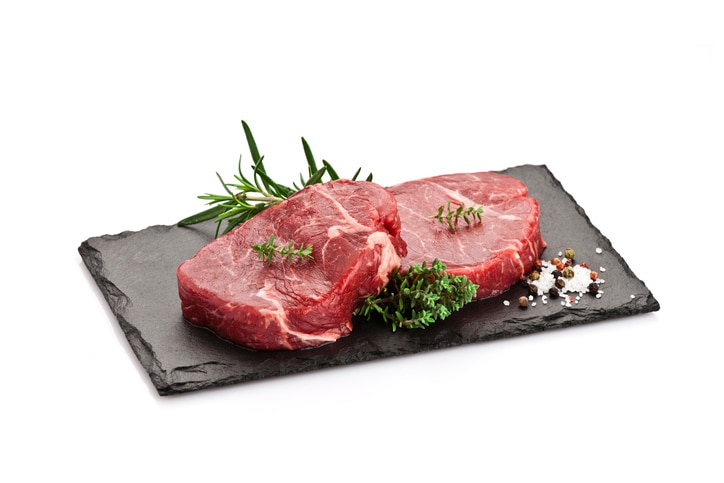
Eating unpasteurized and raw meat increases the risk of infection from bacteria or parasites. Bacteria and parasites may threaten the health of pregnant women and babies. They could lead to stillbirth or severe neurological illnesses.








